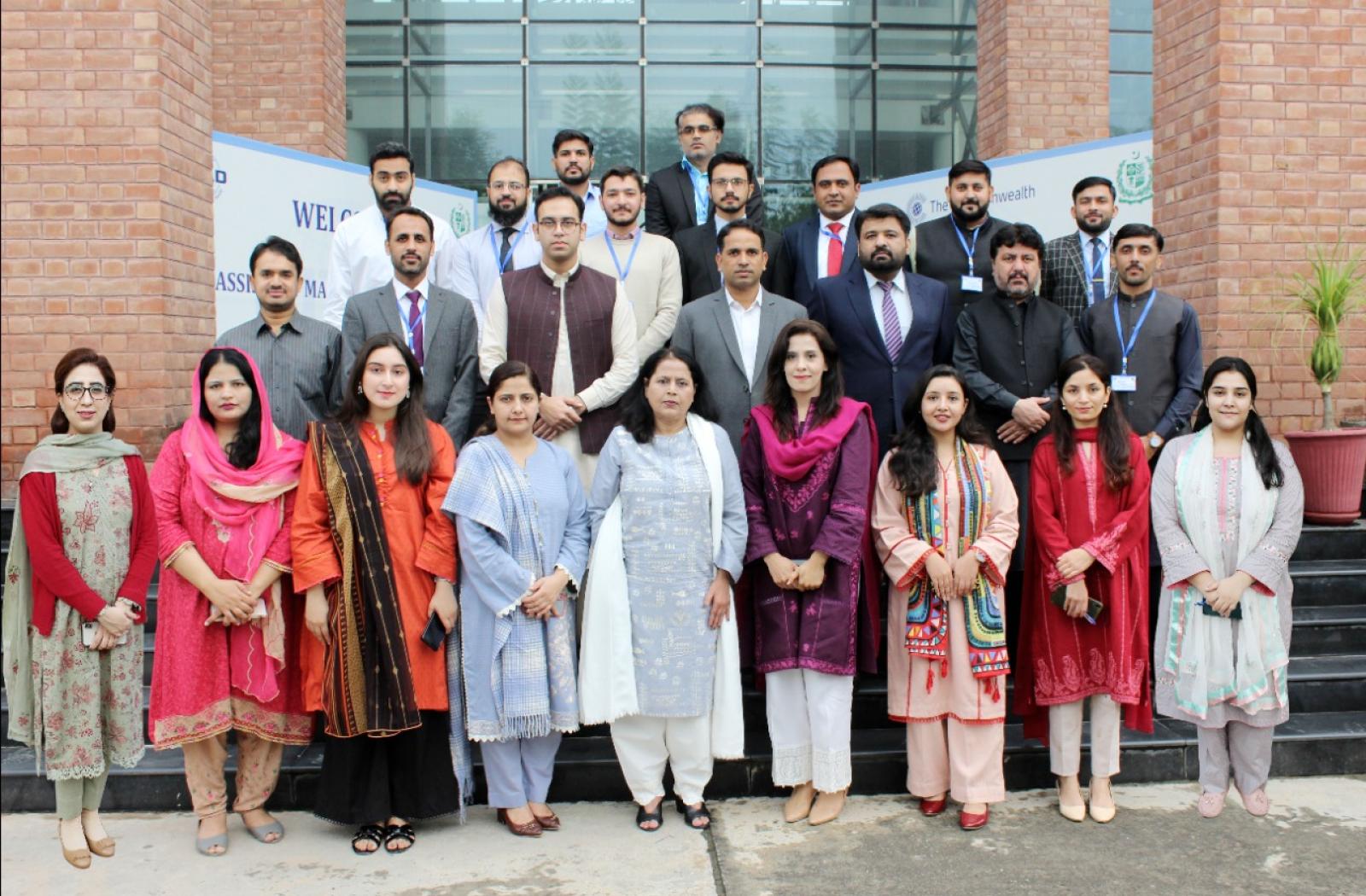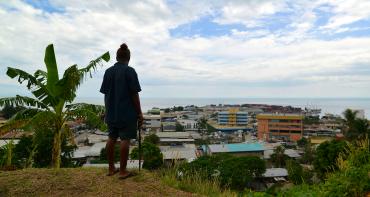The Commonwealth Secretariat, Trade Competitiveness Section in collaboration with the International Islamic Trade Finance Corporation (ITFC), the Pakistan Institute of Trade and Development (PITAD), and the Government of Pakistan’s Ministry of Commerce, held a two-day training workshop on the Cost-Benefit Analysis of Free Trade Agreements (FTAs) from 7-8 November 2022 in Islamabad, Pakistan.

The training was provided to 30 Ministry of Commerce and PITAD officials to enhance their technical capabilities to undertake trade policy negotiations and empirical analysis of the costs and benefits of Free Trade Agreements.
Officially opened by the Honourable Director General of PITAD, Ms. Raheela Tajwar, she commended the Commonwealth Secretariat and the International Islamic Trade Finance Corporation for providing technical and financial support to PITAD to help organise this workshop.
The keynote address was made by Mr. Ghulam Qadir, Trade and Investment Counsellor of the Embassy of Pakistan in Beijing, China. Addressing the attendees he highlighted Pakistan’s trade potential, and acknowledged threats and opportunities to the bilateral trade arrangement between Pakistan and China. He underscored the importance of FTAs as pillars of modern-day trade policy and as a key enabler of tariff liberalisation leading to regional and global economic integration. He further noted that FTAs provide an impetus for reforms, promote competition, and increase the economic welfare of citizens engaged in the trade value chain. He outlined examples of bilateral trade arrangements that Pakistan has with China, Sri Lanka, Malaysia, Indonesia, Turkey, and ongoing negotiations with other States.
The training provided officials with both the theoretical and practical approach to trade negotiations and associated modalities. Officials reviewed a case study analysis of the Economic Partnership Agreement that Kenya, a Commonwealth member, entered with the United Kingdom and the ongoing negotiations of a trade and investment partnership with the United States of America. Participants were also introduced to the application of trade performance indicators in trade policy analysis.
The officials also engaged in a guided practical simulation exercise on partial equilibrium trade policy analysis using the Strategic Management and Accountability Results Toolkit (SMART), which is integrated into the World Bank’s World Integrated Trade Solution (WITS) to estimate a tariff liberalisation trade effect on trade creation, diversion and welfare effects. The simulation also involved an analysis of the trade potential of Pakistan.
The workshop sessions were facilitated by Mr Yawar Qazi Naeem and Lawrence Othieno, both Trade Advisors at the Commonwealth Secretariat and Mr. Ghulam Qadir, Trade and Investment Counsellor of the Embassy of Pakistan in Beijing, China, Mr Shafiq A. Shahzad, Trade and Investment Minister Councillor, Pakistan High Commission in London, and Dr Yasmin Wahab, Trade Policy Consultant recruited by The Commonwealth Secretariat.



